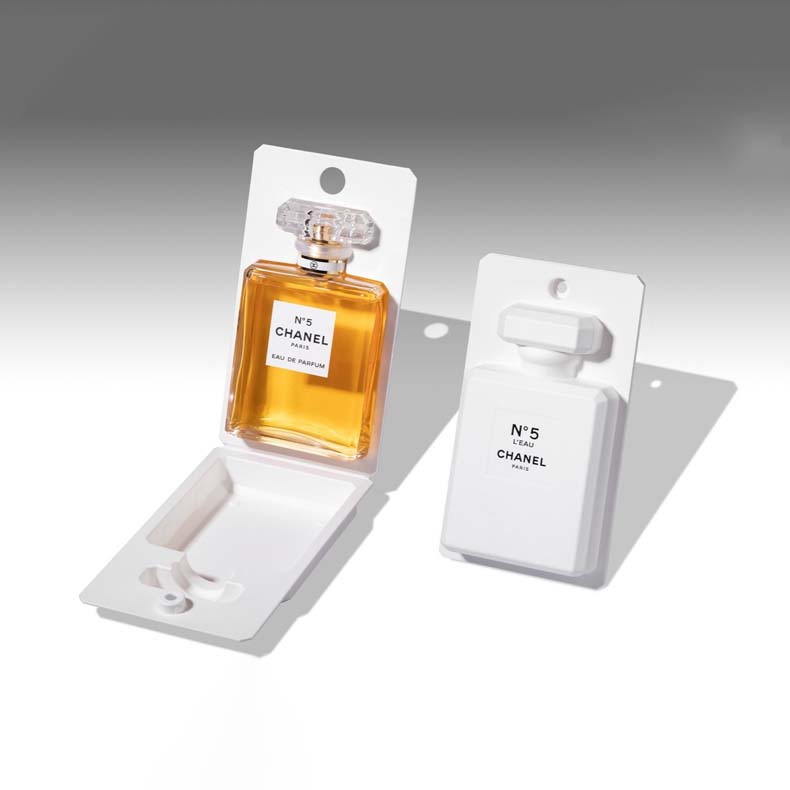Views: 0 Author: Site Editor Publish Time: 2025-03-20 Origin: Site









In an era where sustainability is no longer a buzzword but a business imperative, industries are racing to adopt eco-friendly alternatives to plastic. Among the most promising solutions is wet press molded pulp—a versatile, biodegradable material reshaping packaging across sectors. This article explores the science behind this innovation, its growing applications, and why Globepulp are emerging as global leaders in sustainable packaging solutions.
Wet press molded pulp is a manufacturing process that transforms natural fibers—often recycled paper, sugarcane bagasse, or bamboo—into durable, customizable packaging. Unlike traditional molded pulp (air-dried), the wet press method involves pressing hydrated fibers under high pressure and heat, resulting in a smoother surface, tighter density, and enhanced structural integrity. This makes it ideal for products requiring precision, such as electronics, cosmetics, or premium food packaging.
Key advantages include:
Eco-friendliness: Fully biodegradable and compostable.
Cost efficiency: Lower energy consumption compared to plastic injection molding.
Design flexibility: Can be molded into complex shapes with embossed logos or textures.
Protective qualities: Shock-absorbing properties superior to many plastics.
With global plastic waste projected to triple by 2060, brands face mounting pressure to adopt circular packaging models. Wet press molded pulp stands out for its closed-loop potential:
Raw materials: Uses post-consumer waste (e.g., newspapers) or agricultural byproducts.
Production: Generates minimal wastewater, often treated and reused.
End-of-life: Degrades within 90 days in compost, unlike plastics that linger for centuries.
Major corporations like Apple, IKEA, and Dell have already integrated molded pulp into their packaging, reducing plastic use by up to 40%. However, scalability remains a challenge—a gap filled by innovators like Globepulp.
Founded in 2008, Globepulp has positioned itself as a one-stop partner for sustainable packaging. Unlike competitors focused solely on manufacturing, the company combines production, trade, and design expertise to deliver end-to-end solutions. Here's what sets them apart:
1. Vertical Integration
Globepulp owns state-of-the-art factories across Asia, ensuring control over quality and timelines. Their proprietary wet press technology achieves a surface finish rivaling plastic, critical for luxury brands. By managing the entire supply chain—from raw material sourcing to logistics—they eliminate middlemen, reducing costs by 15–20%.
2. Customization at Scale
Whether it's shock-resistant laptop trays or waterproof food containers, Globepulp's R&D team collaborates with clients to prototype designs in as little as 72 hours. Their modular molds allow small-batch production, catering to startups and Fortune 500 companies alike.
3. Global Compliance Expertise
Navigating sustainability certifications (e.g., FSC, BPI Compostable) and regional regulations (EU Plastic Tax) can be daunting. Globepulp's compliance team ensures products meet international standards, future-proofing brands against shifting policies.
4. Circular Economy Advocacy
Beyond profit, Globepulp invests in closed-loop systems. For example, their "Take-Back Program" collects used pulp packaging from clients, reprocessing it into new products—a model praised by the Ellen MacArthur Foundation.
Electronics: Water-resistant tablet sleeves with molded pulp cushioning.
Food Service: Microwave-safe clamshells replacing plastic takeout containers.
Healthcare: Sterilizable pulp trays for surgical instruments.
E-commerce: Lightweight, stackable mailers reducing shipping emissions.
While wet press molded pulp isn't a silver bullet—it struggles with extreme moisture or heavy loads—advancements in coatings (e.g., plant-based waterproofing) are expanding its use cases. As carbon taxes rise and consumers demand greener options, early adopters will gain a competitive edge.
For businesses seeking a transition partner, Globepulp offers more than just materials; they provide a strategic pathway to sustainability. By aligning with their expertise, companies can future-proof their operations while meeting ESG goals.
The shift to wet press molded pulp isn't just about replacing plastic—it's a reimagining of how industries interact with the planet. As demand surges, suppliers like Globepulp are proving that profitability and sustainability can coexist. For brands ready to lead the green revolution, the message is clear: The future of packaging is pulp, pressed wet, and pressed forward.
Take Action Now: Visit Globepulp's website to explore customizable solutions and join the ranks of eco-conscious pioneers.